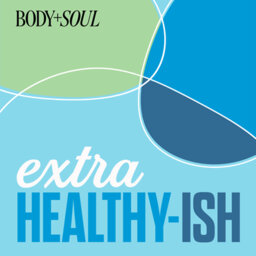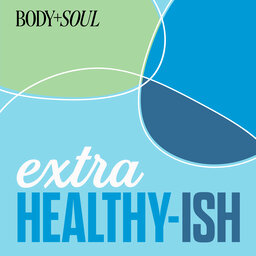Reset your gut health habits (without really trying)
Gastroenterologist and NYT bestselling author Dr Will Bulseiwicz discusses the critical role the gut microbiome plays in overall health, the connection between the gut and hormonal balance and the potential benefits of supplements in supporting gut health.
WANT MORE FROM DR B?
You can follow Dr B’s wisdom @theguthealthmd, via TikTok here, or see his site here. For more on 38TERA see @38tera or here.
WANT MORE BODY + SOUL?
Online: Head to bodyandsoul.com.au for your daily digital dose of health and wellness.
On social: Via Instagram at @bodyandsoul_au or Facebook. Or, TikTok here. Got an idea for an episode? DM host Felicity Harley on Instagram @felicityharley.
In print: Each Sunday, grab Body+Soul inside The Sunday Telegraph (NSW), the Sunday Herald Sun (Victoria), The Sunday Mail (Queensland), Sunday Mail (SA) and Sunday Tasmanian (Tasmania).
 Extra Healthy-ish
Extra Healthy-ish


